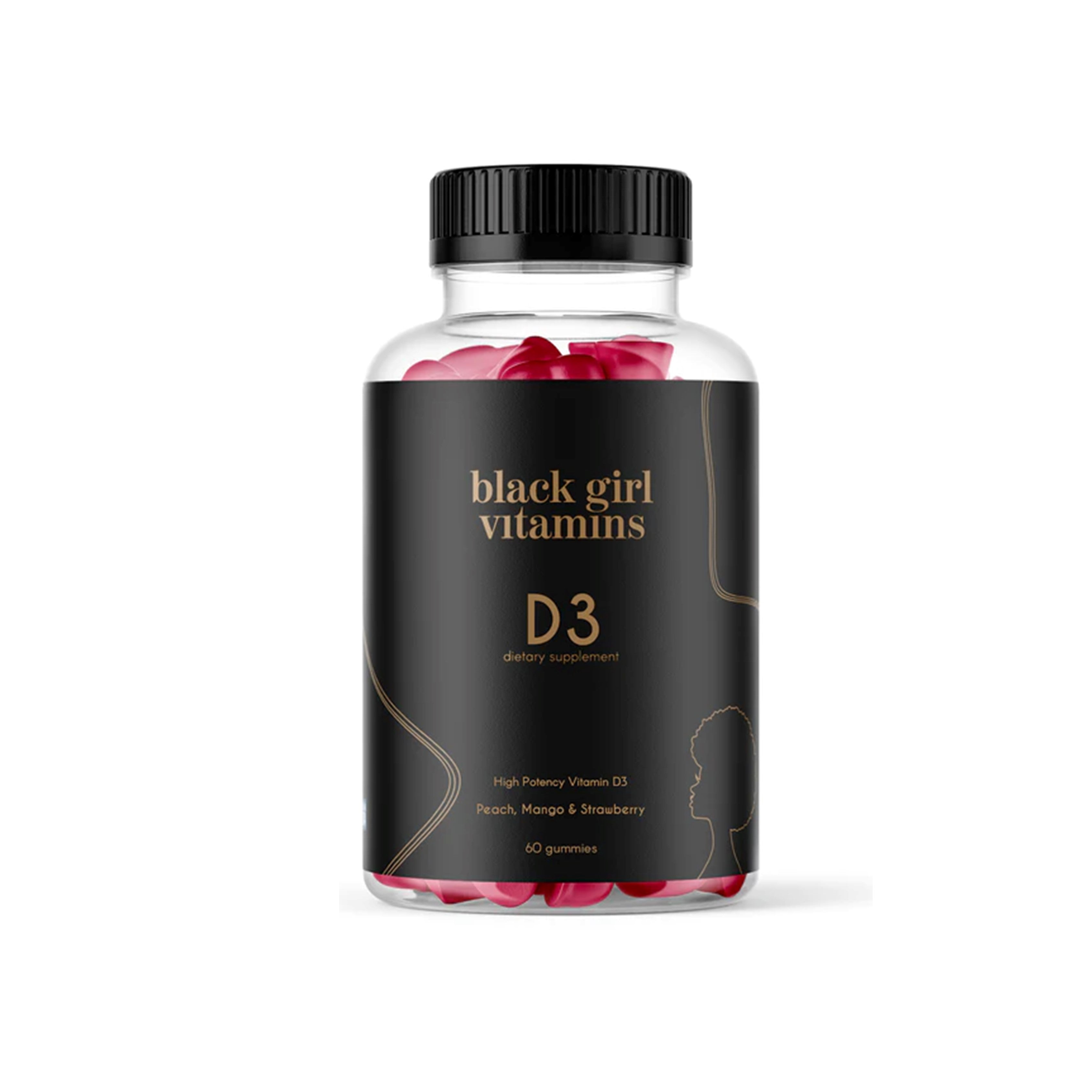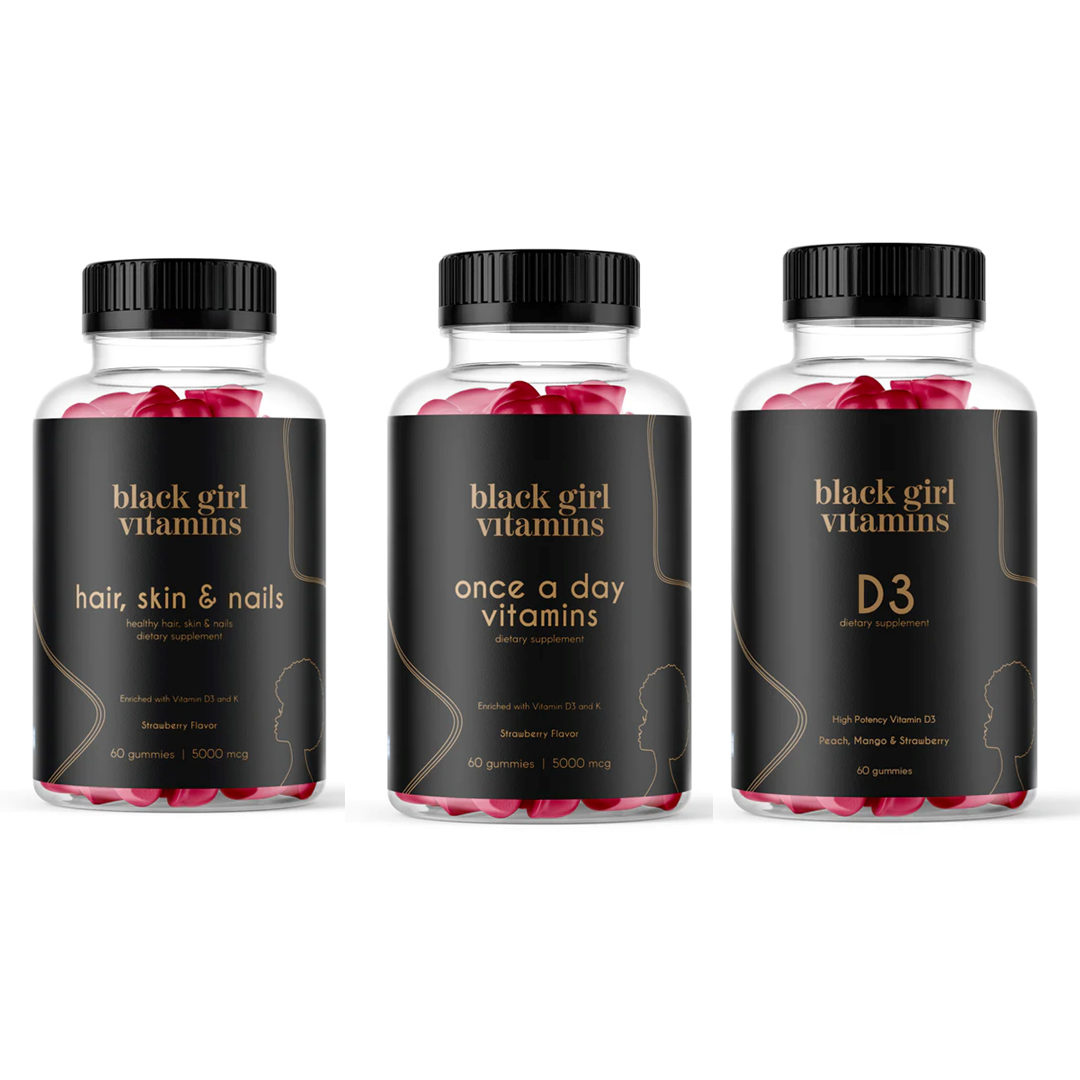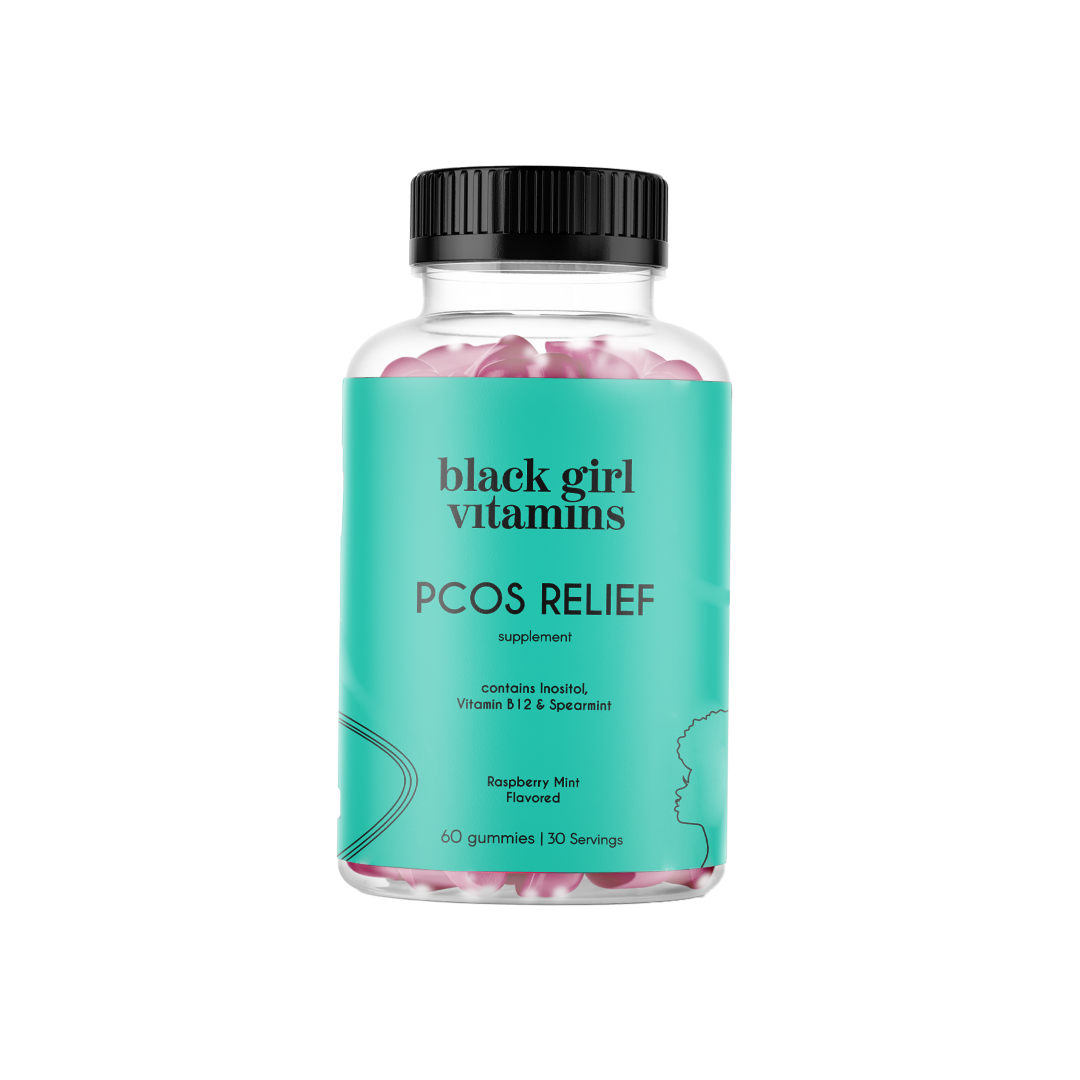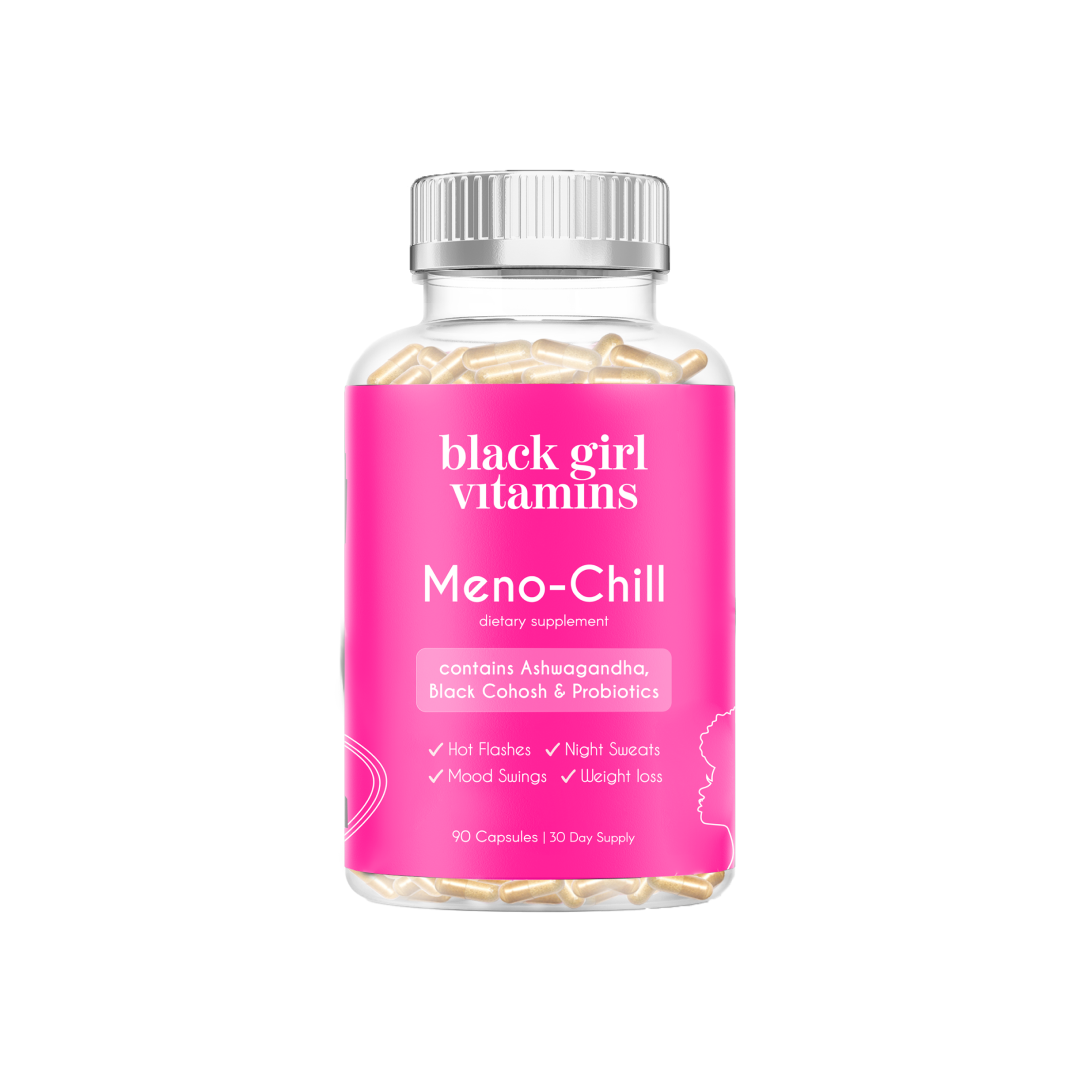Managing PCOS with Vitamin D
Polycystic Ovary Syndrome (PCOS) is a hormonal disorder that affects many women of reproductive age. Vitamin D, sometimes called the “sunshine vitamin,” plays an important role in several body processes, and there is growing evidence that it may also have a positive impact on PCOS.
PCOS Is a Global Problem for Women
While often underdiagnosed, it’s estimated by the World Health Organization (WHO) that polycystic ovarian syndrome impacts up to 13% of women worldwide. The condition is associated with infertility and is known for causing hormonal imbalances, cysts on the ovaries, and irregular menstrual cycles. Symptoms such as difficulty with weight management, male-pattern hair growth (hirsutism), and acne are often the most noticeable.
An often misunderstood condition, PCOS is not well-researched. The condition involves a combination of insulin resistance, genetic predispositions, hormonal fluctuations, and other factors. Since it doesn’t fit clearly under a single medical specialty, receiving adequate care can be a challenge for PCOS women.
Vitamin D-deficient women should consider working with a doctor to check their vitamin D status. While more randomized controlled trials and longitudinal studies are needed to determine the best dosage for PCOS management, your doctor can order the tests to check your vitamin D levels and provide a customized treatment plan.
What Is the Role of Vitamin D in PCOS Management?
Vitamin D helps support your body’s bone health, calcium metabolism, and a variety of body functions. Several studies support the importance of Vitamin D in helping reduce symptoms.
Vitamin D deficiency is common among women with PCOS and linked to higher levels of insulin resistance — this increases your risk factors for metabolic syndrome, cardiovascular disease, and type 2 diabetes.
The benefits of vitamin D for PCOS patients go far beyond bone health. It also helps with other PCOS symptoms by supporting proper insulin sensitivity, easing tension in the body, and supporting emotional wellness. One study suggests supplementation of vitamin D may support glucose homeostasis, potentially supporting overall metabolic health.
Here are five ways in which Vitamin D affects PCOS and how taking Vitamin D can help in managing the condition:
- Improves insulin sensitivity: Vitamin D plays an important role in improving insulin sensitivity in the body. Insulin resistance is a common feature of PCOS, and Vitamin D supplementation has been found to reduce insulin resistance in women with PCOS, which can help to improve glucose control.
- Reduces androgen levels: Women with PCOS often have elevated androgen levels, such as the male sex hormone testosterone, which can lead to acne, excessive hair growth, and other symptoms. Vitamin D has been shown to reduce androgen levels, which can improve these symptoms.
- Regulates menstrual cycle: Vitamin D may help to regulate menstrual cycles in women with PCOS. Studies have found that Vitamin D supplementation can increase the frequency of ovulation and improve menstrual regularity.
- Reduces inflammation: Inflammation is another factor that contributes to the development and progression of PCOS. Vitamin D has anti-inflammatory effects and may help to reduce inflammation in the body, which can improve insulin sensitivity and other PCOS-related symptoms.
- Improves mood: Women with PCOS may be at increased risk of depression and anxiety. Vitamin D has been shown to improve mood in people with depression and may have similar benefits for women with PCOS.
How To Take Vitamin D Supplements for PCOS
Research shows vitamin D3 can help manage your PCOS symptoms, but you should still determine your dosage with the help of your doctor. Too much vitamin D can cause health problems, so getting the right amount is important. Healthcare providers can check your Vitamin D levels through blood tests.
The effect of vitamin D supplementation increases when combined with lifestyle modifications, like dietary changes and increased physical activity. In some cases, medications like metformin may also be prescribed.
Shining a Light on a Hopeful Future for PCOS Relief
Overall, taking Vitamin D supplements can help in managing the symptoms of PCOS patients and improve overall health outcomes. However, it's important to talk to a healthcare provider before starting any new supplement regimen, as they may interact with other medications or have side effects.
Sources:
Polycystic Ovary Syndrome | World Health Organization
Vitamin D and Polycystic Ovary Syndrome (PCOS): A Review | Annals of Medicine & Surgery



























